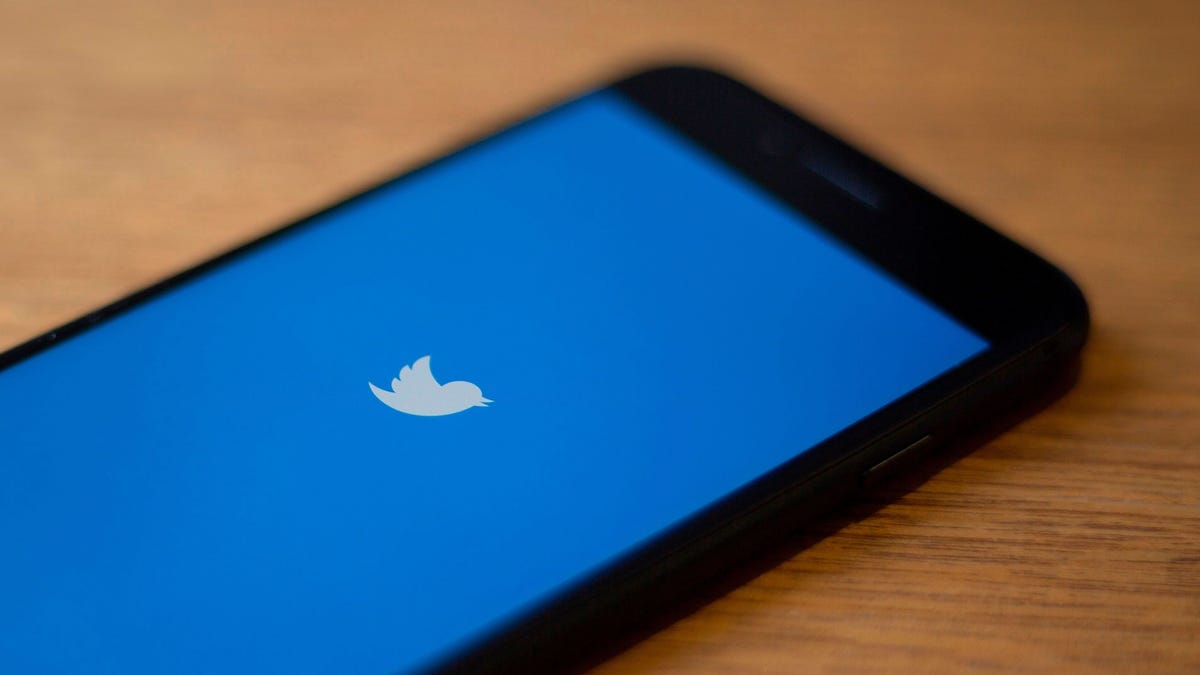Dozens of Hacked Twitter Accounts Had Their DMs Exposed, Twitter Confirms - 3 minutes read
 Photo : Alastair Pike ( Getty Images )
Photo : Alastair Pike ( Getty Images )Twitter never fails to disappoint. Despite its best(?) efforts, the platform remains the same bot-riddled, neo-N azi-friendly cesspool that’s full of the same harassment and hate we’ve come to expect. With that said, it might not be too surprising that the high-profile Twitter h acking incident from earlier this month—you know, the one that hit Kanye West and Barack Obama, along with a slew of other big shots in the world of entertainment, tech and politics—ended up being more of a shit show than the platform initially let on.
Advertisement
In a thread dropped Wednesday night by the company’s official Support account, Twitter revealed that 36 of the 130 accounts caught up in the initial hack ended up having their DM s accessed as a result. Included in those 36 , evidently, was one elected official in the Netherlands.
“To date, we have no indication that any other former or current elected official had their DMs accessed,” they added.
Advertisement
Though Twitter didn’t name names with this announcement, eventually, the Dutch pundit, Geert Wilders, revealed his account was in the center of it all, saying that the hacker used that access to “send direct messages in [his] name,” which is, as he put it, “unacceptable.”
In some ways, it’s kind of ironic that Wilders, of all people, had his account compromised in the Great 2020 Twitter Hack. For years now, his outwardly Islamaphobic opinions, business-savvy background, and obvious dye job have earned him comparisons as a Dutch Donald Trump. And while his account was tapped as a part of last week’s events, Trump’s was weirdly left untouched, potentially due to the beefed-up protections Twitter uses to safeguard his account. If it wasn’t, there’s a good chance that the OG Trump would’ve fallen prey to the same scheme as his Dutch counterpart.
Regardless of how you feel about Wilders’ (or Trump’s) opinions (or hairstyles), the hack brings up a good argument for Twitter to finally ado pt end-to-end encryption on its messaging service, which is something we’ve been begging for for years. In fact, the company has been tinkering with the idea since 2018, and had promised at least one senator that the company was “working on it.” Since then, social media analyst Matt Navarra has come forward saying that sources within the company had reportedly shelved the encryption idea back in 2019, with no plans to dust it off anytime soon.
Advertisement
Meanwhile, on an earnings call earlier today, CEO Jack Dorsey was strangely quiet on the topic of encrypted chatting, but did confirm that the company was working on adding a subscription element , saying that:
We want to make sure any new line of revenue is complementary to our advertising business. We do think there is a world where subscription is complementary, where commerce is complementary, where helping people manage paywalls [...] we think is complementary.
Advertisement
Funny how “encrypted messaging” doesn’t seem to be comple mentary, despite the fact that multiple other platforms have already cracked that particular issue. I think I speak for everyone when I say that asking Tweeters to pay up might not be the answer that we’re looking for.
Source: Gizmodo.com
Powered by NewsAPI.org